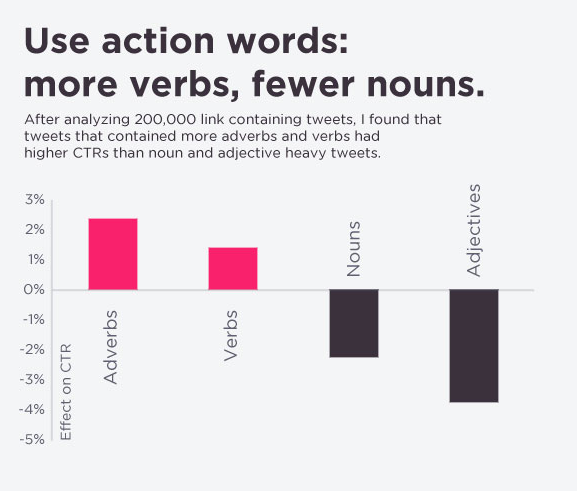Self-awareness is not unique to humans.
Adam Rifkin stashed this in Brain
Stashed in: Science!, Awesome, Reflection, Meaning of Life, Turing, Singularity!, The Internet is my religion., Soul, Science Too, Psychology, The Singularity, Simon's Cat
Humans are unlikely to be the only animal capable of self-awareness, a new study has shown.
Conducted by University of Warwick researchers, the study found that humans and other animals capable of mentally simulating environments require at least a primitive sense of self. The finding suggests that any animal that can simulate environments must have a form of self-awareness.
Often viewed as one of man's defining characteristics, the study strongly suggests that self-awareness is not unique to mankind and is instead likely to be common among animals.
The researchers, from the University of Warwick's Departments of Phycology and Philosophy, used thought experiments to discover which capabilities animals must have in order to mentally simulate their environment.
Commenting on the research Professor Thomas Hills, study co-author from Warwick's Department of Psychology, said:
"The study's key insight is that those animals capable of simulating their future actions must be able to distinguish between their imagined actions and those that are actually experienced".
The researchers were inspired by work conducted in the 1950s on maze navigation in rats.
It was observed that rats, at points in the maze that required them to make decisions on what they would do next, often stopped and appeared to deliberate over their future actions.
Recent neuroscience research found that at these 'choice points' rats and other vertebrates activate regions of their hippocampus that appear to simulate choices and their potential outcomes.
Professor Hills and Professor Stephen Butterfill, from Warwick's Department of Philosophy, created different descriptive models to explain the process behind the rat's deliberation at the 'choice points'.
One model, the Naive Model, assumed that animals inhibit action during simulation. However, this model created false memories because the animal would be unable to tell the differences between real and imagined actions.
A second, the Self-actuating Model, was able to solve this problem by 'tagging' real versus imagined experience. Hills and Butterfill called this tagging the 'primal self.'
Commenting on the finding the Professor Hills, said:
"The study answers a very old question: do animals have a sense of self? Our first aim was to understand the recent neural evidence that animals can project themselves into the future. What we wound up understanding is that, in order to do so, they must have a primal sense of self."
"As such, humans must not be the only animal capable of self-awareness. Indeed, the answer we are led to is that anything, even robots, that can adaptively imagine themselves doing what they have not yet done, must be able to separate the knower from the known."
Top Reddit comment:
It always seems like there is some conceptual barrier to "prove" self-awareness.
But I once saw an experiment that made it seem so easy to believe. It was an ape...I believe a gorilla who knew how to use a mirror. In the experiment a handler put a sticker in the hair on the gorilla's face without the gorilla noticing. (Sort of like putting a "kick me" sign on someone) Later the gorilla is given access to a mirror and reacts in a way that was just like a person would. Immediate surprise and attention, pulling off the sticker and checking it out.
hmmm just looked it up...it's called the "mark test" or "rouge test" with human babies:
Here with orangutan at 4:14...
Asian elephants clearly passing the mark test at 3:18...
Or watch that whole video...it's pretty good. Elephants checking themselves out in mirrors.
1400 Reddit comments:
https://reddit.com/r/science/comments/3a14p4/selfawareness_not_unique_to_mankind/











11:15 PM Aug 16 2015